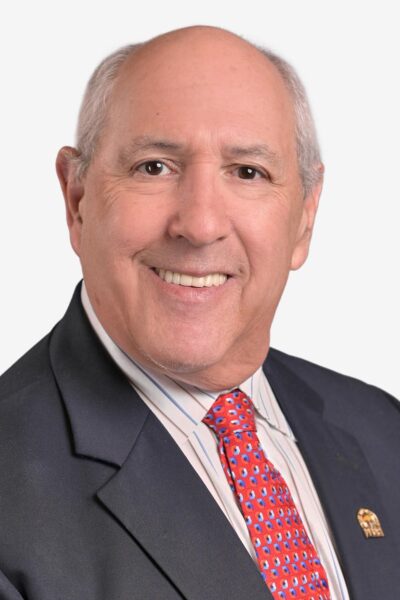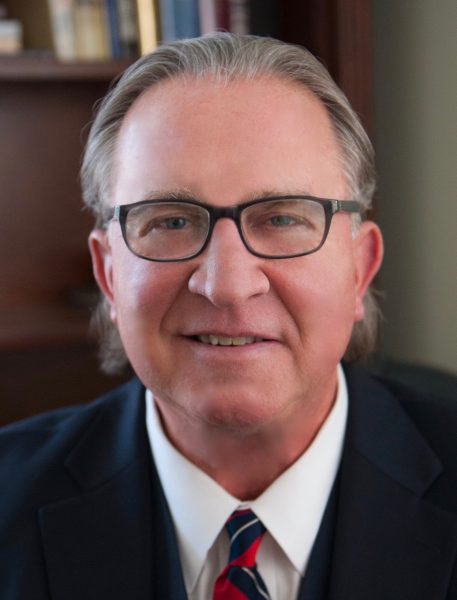Results For Articles or Consultants
Education
“IN 2010, I authored an article on the dangers of absolute exclusions.1 That article was prompted by an appellate decision in Florida, James River Ins. Co. v. Ground Down Eng’g, 540 F.3d 1270 (11th Cir. 2008). In that case, an engineering firm that was providing consulting services on whether land had become polluted found that its errors and omissions (E&O) policy, which covered it as an environmental consultant, didn’t cover pollution!”
“What are some of the additional problems raised however by following the concept of being only an order taker? You have a customer that comes in your office who says I have a business and I need insurance. What do you recommend? How does in the insurance agent or broker therein not give advice by answering the question. Are they supposed to say
“what is it you’re worried about? We have numerous commercial policies we could provide , then we could confirm we will provide it depending on what your needs are and as you know, you must have Worker’s Comp. Perhaps you might consider should insuring your property, or consider insuring your business for liability. What are your concerns and what are your needs? “
I can’t imagine any consumer of any kind would want to do business with a broker that would fail to advise them as to what might be needed. But let’s take it a step further. I don’t know any Insurance Broker that would advertise that they have no duty to advise, guide or direct clients as to the appropriate types of insurance coverages for its business operations. But there is another reality that is ignored. That is, your average insurance agent or broker with five years experience in any line, whether it be Personal Lines, like homeowners and auto, or Commercial lines knows more about the ins and outs and extensions to coverage of the insurance policy and what may be needed by an Insured than any Insured regardless of sophistication.”
Mr. Bushnell is a Certified Public Accountant with over 20 years of experience providing Forensic Accounting services through national and global professional services firms. Know as the “numbers guy” his professional expertise covers Business Interruption Claims, Economic Damage Analysis, and Fraud Investigations. Mr. Bushnell has advised clients in mediation, arbitration and appraisal as a third…
“Diminishing limits policies create a host of potential problems for insurance company claim departments. As is well known the insurance industry has long been plagued with “nuisance” claims. While in some instances insurance companies make quick settlements of nuisance claims to avoid defense cost expenditures, in others, insurers will attempt to resist such claims to avoid setting a precedent, thereby sending a message to the plaintiff’s bar that nuisance claims will not be honored. Considering that defense costs are deducted from the policy’s aggregate limits, either course of action places an insurance company in a difficult position. … “
As insurance professionals, we are often so busy serving our clients that our writing and publishing take a back seat to our practice. Consistent publication keeps us in the public eye and allows us to rank higher on Google.





